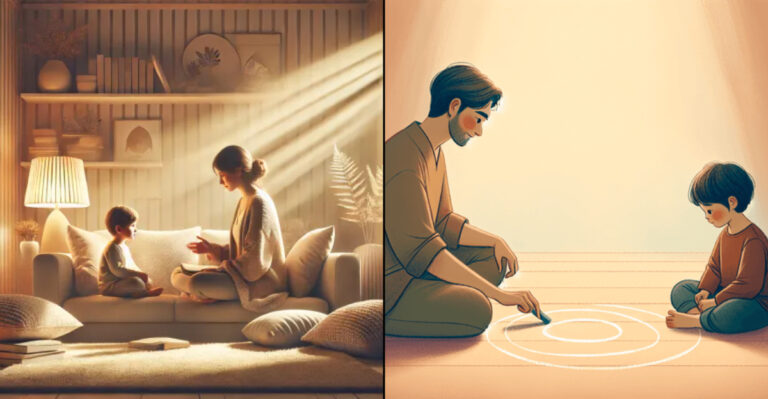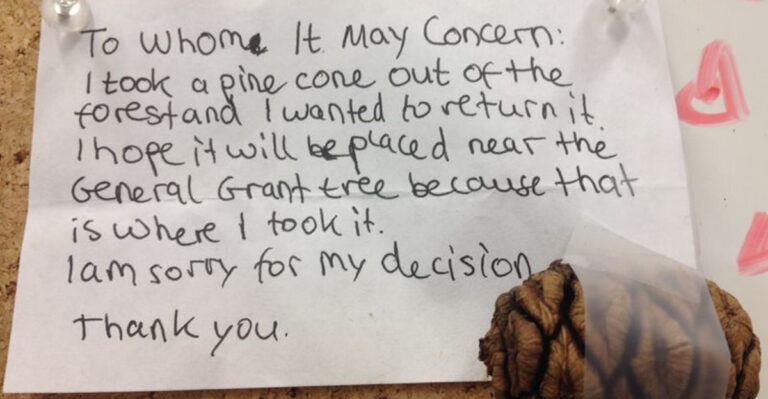Adult Children Who Refuse To Visit Their Parents Usually Have These 18 Reasons
Absence in family relationships often has deep, complex roots.
Adult children who choose not to visit their parents usually follow a trail of past behaviors, silences, or patterns that made such a decision feel necessary.
This piece explores the nuanced reasons behind this distance, offering understanding rather than blame.
1. They were never emotionally safe growing up
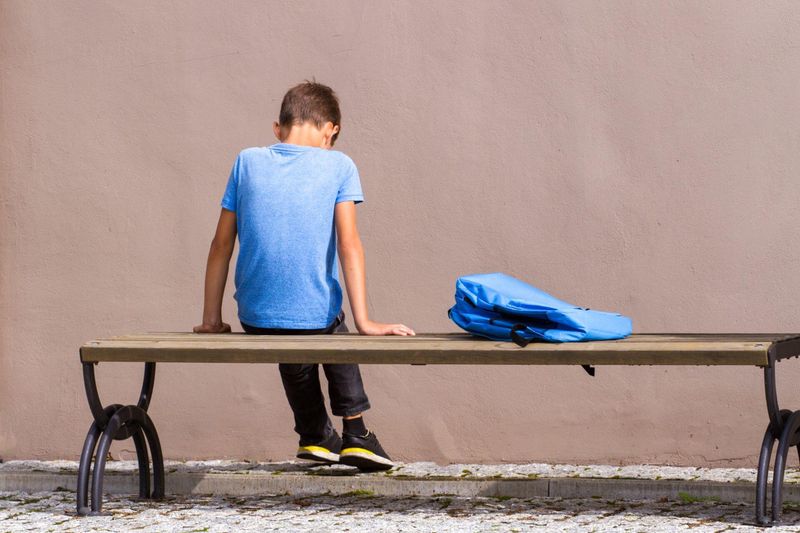
For many, childhood was not a sanctuary where emotions were nurtured. Imagine a home where vulnerability was met with sarcasm or dismissal. Over time, these children learn to armor their hearts.
Distance, in adulthood, becomes a means of protection. The absence of safety in their formative years has taught them that closeness often comes with a sting. The emotional turmoil of their youth echoes into their adult choices.
By stepping back, they create a space where they can finally breathe without fear of judgment or hurt. It’s a self-preservation strategy, not an act of rebellion.
2. They were treated like a burden, not a joy
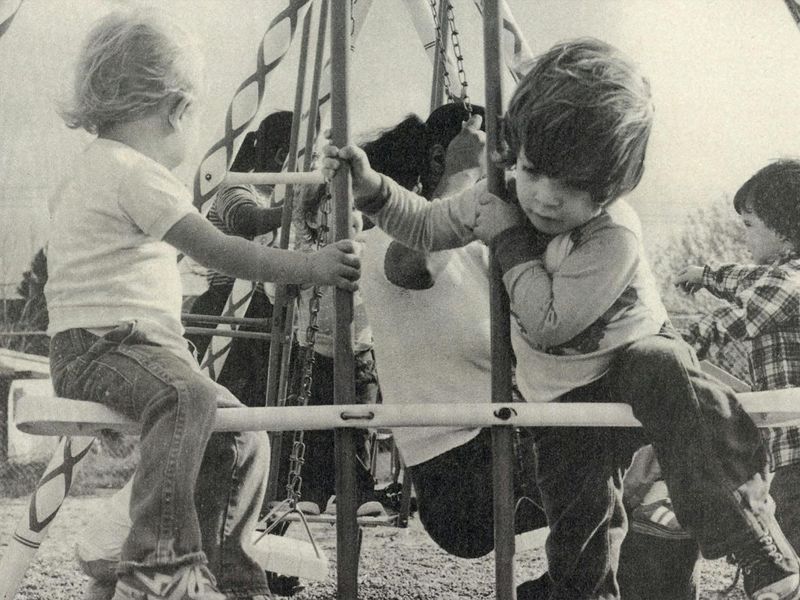
As children, they felt more like an obligation than a blessing. The weight of being seen as a burden seeps into their identity, creating deep wells of insecurity.
Every sigh or roll of the eyes from a parent etched into their memory, reinforcing a belief that they were unwanted. This emotional baggage becomes heavy to carry into adulthood.
Choosing not to visit is a way to free themselves from the chains of those early stigmas. It’s a path to rediscovering self-worth, far away from the echo of being unwanted.
3. Their boundaries are constantly dismissed

Boundaries are essential for healthy relationships, yet some parents view them as challenges to overcome. For these adult children, every boundary ignored is a reminder of their lesser status within the family.
Living with constant dismissal makes them feel invisible and unimportant. It’s a harsh reality that erodes trust and connection.
By choosing distance, they assert their right to be heard and respected. This space is not just physical—it’s emotional autonomy, a declaration that they will no longer be sidelined.
4. Guilt was used as a weapon too many times
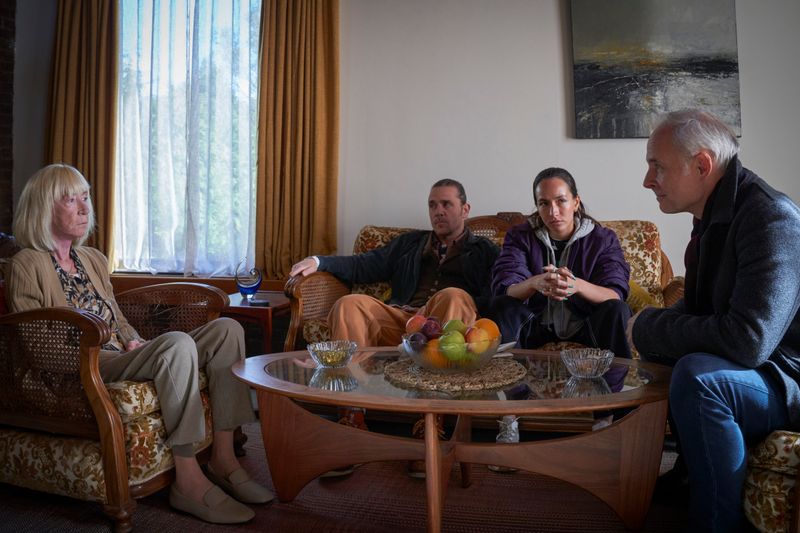
Guilt has been a tool wielded to control and manipulate. When love is conditional, attached to strings of expectations, it creates a complex emotional web.
The weight of this guilt, often unjustly placed, can be suffocating. Adult children who have experienced this manipulation choose distance to breathe freely.
In stepping away, they reclaim their emotional independence, refusing to participate in a dynamic spun with guilt and obligation.
5. Their pain was always minimized or mocked

Pain, when mocked or minimized, can lead to a profound sense of isolation. These adult children have learned that their feelings don’t matter, creating a chasm between them and their parents.
Every time their discomfort was brushed aside, it deepened the wound. Now, they seek places where their emotions are valued.
Choosing not to visit is a step towards honoring their own experiences, finding peace in environments that embrace rather than belittle their truths.
6. They were expected to fix adult problems as children
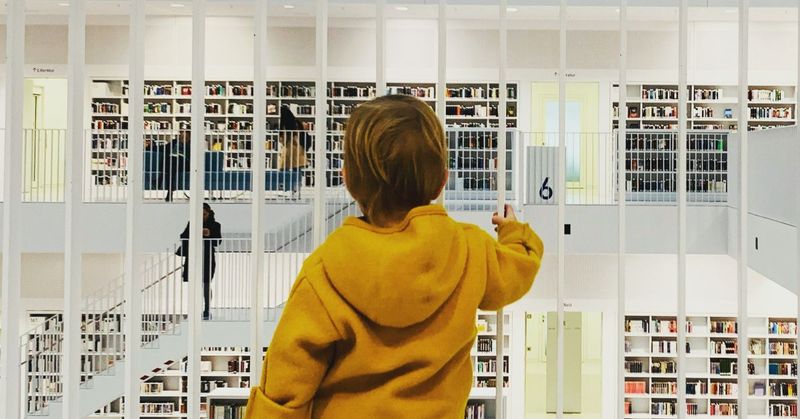
Being thrust into the role of problem-solver for adult issues is a heavy burden for a child. Missing out on their own childhoods, these children grow up too fast, carrying stresses beyond their years.
The emotional toll is profound, leaving them exhausted and wary of new burdens.
By distancing themselves, they protect their well-being, embracing a life where they can finally focus on their own needs and desires without carrying the weight of past responsibilities.
7. Apologies never came—even when they were earned

The absence of apologies when deserved leaves wounds untended. For these adult children, the lack of acknowledgment from their parents festers into resentment.
This absence of closure means that every interaction feels unfinished, leaving them unable to move forward.
Distance becomes a healing balm, allowing them to seek out relationships where accountability and respect are mutual, leaving behind a history of unspoken regrets.
8. Every visit turns into criticism or control

Visiting home means stepping into a storm of criticism and veiled control. Adult children see these visits as battlegrounds where love is conditional.
The constant barrage of scrutiny drains their energy and spirit, making every trip home a heavy emotional toll.
Choosing not to visit, they escape this cycle, finding peace in environments that nurture rather than negate their self-worth.
9. They were punished for being different

Differences should be celebrated, yet many were reprimanded for straying from the norm. These adult children often found their uniqueness stifled, punished instead of praised.
The fear of being judged or misunderstood casts a long shadow, influencing their decision to keep their distance.
By stepping away, they embrace their identity, free to explore and express without fear of reprisal or judgment.
10. The parent plays the victim when called out

Conversations about accountability often turn into performances of martyrdom by parents. These adult children find themselves trapped in a cycle where their concerns are dismissed.
It’s a frustrating dynamic that leaves them emotionally drained and unheard.
Distance allows them to step out of this narrative, seeking spaces where their voices are validated and respected.
11. Their achievements were ignored—but their mistakes weren’t

Celebrations were few, while mistakes were magnified. These adult children grew up in an environment where their achievements were overlooked.
The imbalance creates a lasting imprint, where self-worth is constantly questioned.
Choosing not to visit is a stance against this selective acknowledgment, paving a path towards environments where their successes are celebrated without overshadowing judgment.
12. They were gaslighted into questioning their own reality

Gaslighting creates a reality where nothing feels certain. These adult children have spent years doubting their own perceptions and truths.
This erosion of self-trust makes returning home fraught with anxiety.
By distancing themselves, they reclaim their reality, finding solace in relationships built on honesty and affirmation.
13. Religion or values were used as tools of shame

When beliefs are wielded as weapons, they become tools of oppression rather than guidance. Adult children who faced this judgment often felt coerced into conformity.
The constant pressure to fit into a prescribed mold leaves little room for authentic self-expression.
By choosing distance, they find a path to self-discovery, unencumbered by the shackles of imposed values.
14. Their parent refuses to change—even now

Stagnation breeds disconnection. These adult children grapple with parents who remain unchanged, ignoring growth and accountability.
This refusal to evolve closes doors to meaningful reconciliation and understanding.
Distance becomes a necessity, a space where they can cultivate growth without the shadows of past mistakes looming large.
15. Love was always conditional

When love comes with strings attached, it erodes trust and authenticity. These adult children learned early on that affection was transactional.
The fear of losing love for stepping out of line creates a cage of anxiety and self-doubt.
By stepping away, they discover unconditional peace, building relationships where love is freely given and received.
16. They were made responsible for their parent’s emotions

Bearing the burden of their parents’ emotions, these children grew up too soon. The weight of adult feelings placed on young shoulders is a heavy load to carry.
This dynamic creates a sense of responsibility that’s hard to shake, even into adulthood.
Distance offers relief, a chance to shed the overwhelming weight and rediscover personal peace and balance.
17. They’ve built a better life away from the dysfunction

Having carved out a life of stability and happiness, these adult children are reluctant to revisit the chaos of their pasts.
The dysfunction they left behind feels like a distant memory, one they choose not to relive.
By staying away, they protect the harmonious life they’ve built, honoring the journey they’ve taken towards healing and growth.
18. They’ve simply outgrown the relationship

Growth isn’t always mutual. These adult children find that their paths have diverged from their parents’, leading to a natural separation.
The relationship no longer fits the people they’ve become, making visits feel like stepping into ill-fitting shoes.
Distance allows them to explore new horizons, fully embracing the new chapters of their lives without the constraints of past expectations.



